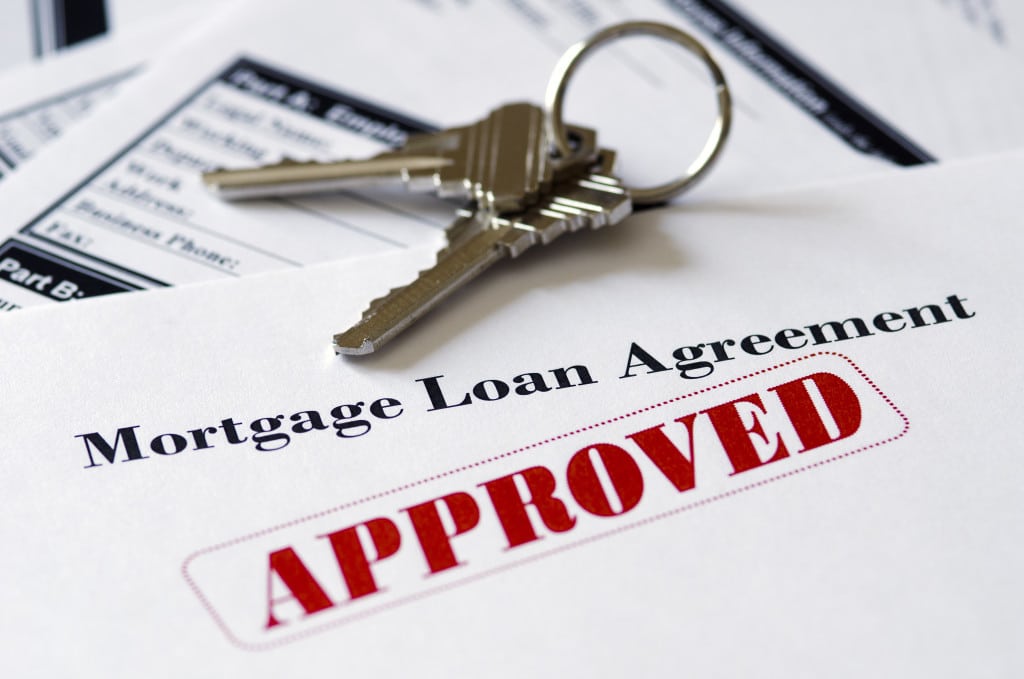If you’re in the market for a new home, you may wonder how home loans work. Do you have to have perfect credit to qualify? How much of a down payment do you need? Read on to learn the ins and outs of home loans to be informed when you’re ready to start shopping for your new home.
What are Home Loans?
A home loan is a loan taken out by a borrower to purchase a property. The borrower can be an individual or a corporate entity. The property that is purchased with the loan can be residential, commercial property, or industrial property. The loan is secured by the property that is purchased. The loan is repaid over some time, with interest, until it is paid in full.
How Home Loans Work
A home loan is a type of debt that allows you to finance the purchase of a property. When you take out a home loan, the bank or lending institution will give you a lump sum of money that you must pay back, usually with interest, over an agreed-upon period by both parties. Most people cannot pay for a property outright and must take out a home loan to finance their purchase. In some cases, the bank may require collateral in the form of another asset if you cannot make your payments and default on your loan.
Types of Home Loans
Many different types of home loans are available on the market, each with its terms, conditions, and requirements.
Fixed Rate Home Loan: A fixed rate home loan is where the interest rate on the loan is fixed for a set period, usually between 1 and 5 years. After the specified period expires, the interest rate will revert to the standard variable rate. This loan gives borrowers certainty about their repayments for a fixed period.
Variable Rate Home Loan: A variable rate home loan is where the interest rate on a loan can go up or down over time in line with market rates. This loan allows borrowers to make extra repayments without incurring penalties.
Split Rate Home Loan: A split rate home loan is where part of the loan has a fixed interest rate, and the amount of the loan has a variable interest rate. This loan gives borrowers some certainty about their repayments and the flexibility to make extra repayments if they wish.
These loans usually require a deposit of at least 10-20% and have mortgage insurance, which is insurance taken out by the borrower to protect the lender in case they cannot make their repayments. Mortgage refinancing is also available with all home loans, allowing borrowers to switch lenders or adjust their loan terms without taking out a whole new loan.
Choosing the right home loan depends on your individual circumstances. If you are planning on staying in your home for a long time, then a fixed-rate home loan may be right for you as it will give you certainty about your repayments for the fixed period. If you are planning on selling your home shortly or want to have flexibility around your repayments, then a variable-rate home loan may be right for you.
What Makes You Qualified?

To qualify for a home loan, banks and other lenders will look at various factors such as your employment history, credit score, debts, and assets. They will also consider your debt-to-income ratio (DTI), calculated by dividing your monthly debts by your monthly income before taxes. Lenders want a DTI ratio below 36% to approve a loan.
A good credit score is also crucial for getting approved for a loan. A FICO score above 720 is considered excellent and will give you the best interest rates. Scores between 680 and 719 are considered good, and scores between 620 and 679 are considered fair. If your score is below 620, it will be challenging to get approved for most loans, but there are still some options available for bad credit borrowers.
Lastly, most lenders will require at least a 3% down payment, but this can vary depending on the loan you’re applying for. For example, FHA loans only require a 3.5% down payment, while VA loans don’t require any down payment at all.
Final thoughts
Now that you know how home loans work and what factors affect your qualification, you’re one step closer to buying your dream home! Do some research on different types of loans available and compare interest rates to find one that’s right for you. Working with a qualified lender is also key to getting approved for a loan, so don’t hesitate to ask around or shop around until you find one that meets all of your needs.
